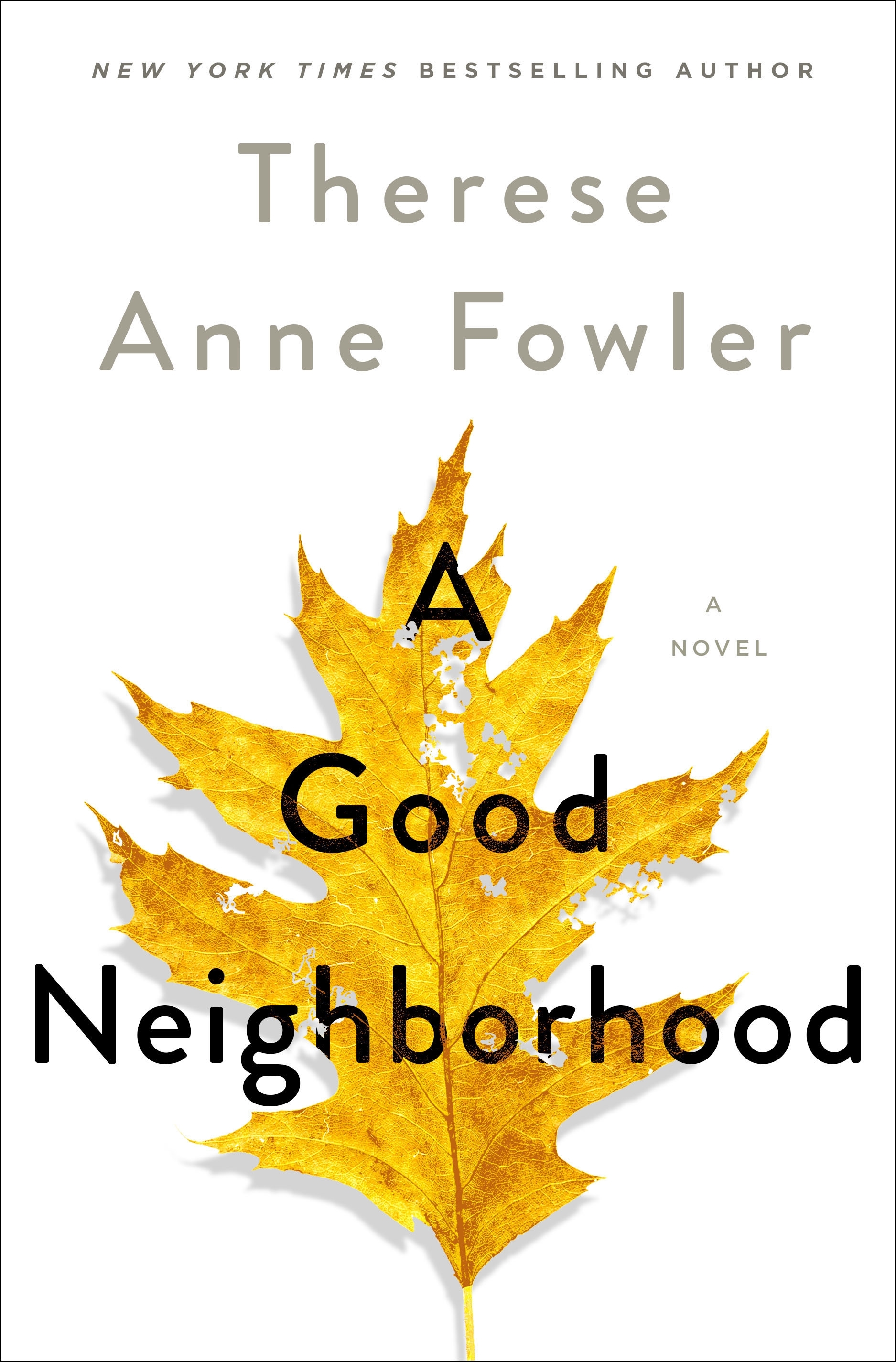Much as she wanted to get some answers from Juniper (who’d been less than forthcoming so far), now was not the time. And maybe she shouldn’t bother her about it more than she already had. Maybe she should just continue to let her have some space and trust that it would sort itself out. Julia remembered being a teenager. She’d hated her mother’s bugging her all the time about every little thing. Her mother still bugged her all the time about every little thing.
When they were in the car, Julia asked Juniper, “What was the holdup?” She kept her tone deliberately casual.
Juniper said, “I couldn’t find my shoes.”
“All your shoes were in the same box.”
“These weren’t.”
“I had the movers pack them that way deliberately.”
“Well, they didn’t,” Juniper said.
“Where were they, then?”
“In a different box.”
Julia tried to recalibrate. She said, “All right. Well. I’ll finish organizing your room today, so we won’t have any more problems finding things.”
This would be as much for herself as for Juniper. The activity would give a focus to her after noon, and the sooner the house was fully in order, the better. Disorder bothered Julia a lot more now than it had used to. It felt like backsliding.
Pre-Brad, disorder had been a fixture of her often-frantic existence, when order, desirable as it might be, was an out-of-reach luxury. And since she couldn’t have it, she didn’t think about it — that was how you managed when you lived paycheck to paycheck, how you survived from one day to the next without making yourself crazy. She might want a spacious, spotless apartment in a well-managed community, a unit where the interior doors latched when you shut them, where you had enough cupboard space, where the toilets flushed correctly and didn’t run all the time, where those enormous ugly camel crickets weren’t lurking in the closets. For that matter, she might want a whole weekend free to wash and put away the laundry and shop for groceries and vacuum and haul out the recycling and take her daughter to the playground or to a movie. She might want a lot of things she couldn’t have because she worked two jobs just to buy food and pay the rent and day care and a babysitter, but what good would longing for all of that have done for her? It would only make her feel more inadequate than she did already, and she’d hated that feeling. Despised it, in fact.
We should interject here that once we’d learned about her past, we felt Julia had not been inadequate; she had been unlucky. That was the truth she needed to make herself remember as well. Some people were born into privilege and had everything handed to them; some were born white trash and had to hustle to get even a thousandth of what the privileged had. Some people had sex without protection and never got pregnant; some got knocked up before they knew the guy’s surname. Some pregnant women had abortions to resolve their bad luck, and some decided that a child would be a salve for their painful existence, a person all their own who had to love them no matter what.
Did Juniper still love her? Julia glanced at her daughter in the seat beside hers. Maybe this was a stupid thing to wonder. Some days, though, it was hard for her to tell. She was so thankful to also have Lily, “silly Lily,” who was not just a ray of sunshine in their lives but a whole entire sun. The child had practically been born giggling.
Julia felt guilty about the stark differences in her daughters’ early lives. But as Reverend Matthews at New Hope had reminded her when, freshly married and pregnant with Lily, she’d shared her anxieties with him: she’d done the best she could with Juniper. Emphasis on best and could.
“Knock knock,” Lily said now, from the backseat.
“Who’s there?” said Julia.
“No — Juniper. Knock knock, Juniper.”
“Who’s there?” Juniper said, lowering the math book she was studying.
“Hatch.”
“Hatch who?”
“Bless you!” Lily said. “Get it?”
Julia smiled at her in the rearview mirror. “A sneeze.”
“Knock knock.”
“Who’s there?” said Julia.
“No, Juniper.”
Who’s there?” said Juniper. “I’m trying to study. I have a test in second period.”
“You didn’t study last night?” Julia said.
“Hey, Mommy,” Lily cried. “You interrupted. Start over.
Knock knock, Juniper.” “Who’s there?”
“Avenue.”
“Avenue who?”
“Avenue answered this door before? Ha!”
“You’re a riot,” Juniper said, smiling.
“You tell one.”
“I can’t think of any.”
Lily said, “I can think of a hundred.”
“Yeah, but can you do trigonometry?”
“I might be able to if you teach me.”
Juniper said, “Ask me to in ten years, when you’re a junior.” “You’ll be way far away in a rain forest or something.”
“I might. I’ll teach you by FaceTime.”
“Deal!” said Lily. “Pinkie-swear it.”
Juniper reached back and the girls linked their pinkies. “I swear,” said Juniper.
Seeing the girls being playful this way heartened Julia. Juniper had become moody and at times withdrawn, even from Lily. She had not wanted to move, didn’t care in the least that they’d have a gorgeous house in an increasingly prestigious area closer to the center of town, making the commute to many of her and Lily’s extracurriculars more convenient for Julia, who felt she spent most of her waking hours behind the wheel.
“She’s so temperamental,” Julia had said to Brad one night a while back, after they’d taken the girls to see the house, still a shell but far enough along to picture what it would become. Juniper had walked around inside with them but hadn’t said a word.
“Don’t be too tough on her,” Brad said. “She’s a teenage girl. They’re hormonal.”
“I just don’t want her to be ungrateful for everything you’ve done for us—are doing for us, for her. She needs to remember how things used to be, before.”

A GOOD NEIGHBORHOOD. Text credits © 2020 by Therese Fowler and reprinted by permission of St. Martin’s Press.
Follow us here and subscribe here for all the latest news on how you can keep Thriving.
Stay up to date or catch-up on all our podcasts with Arianna Huffington here.


